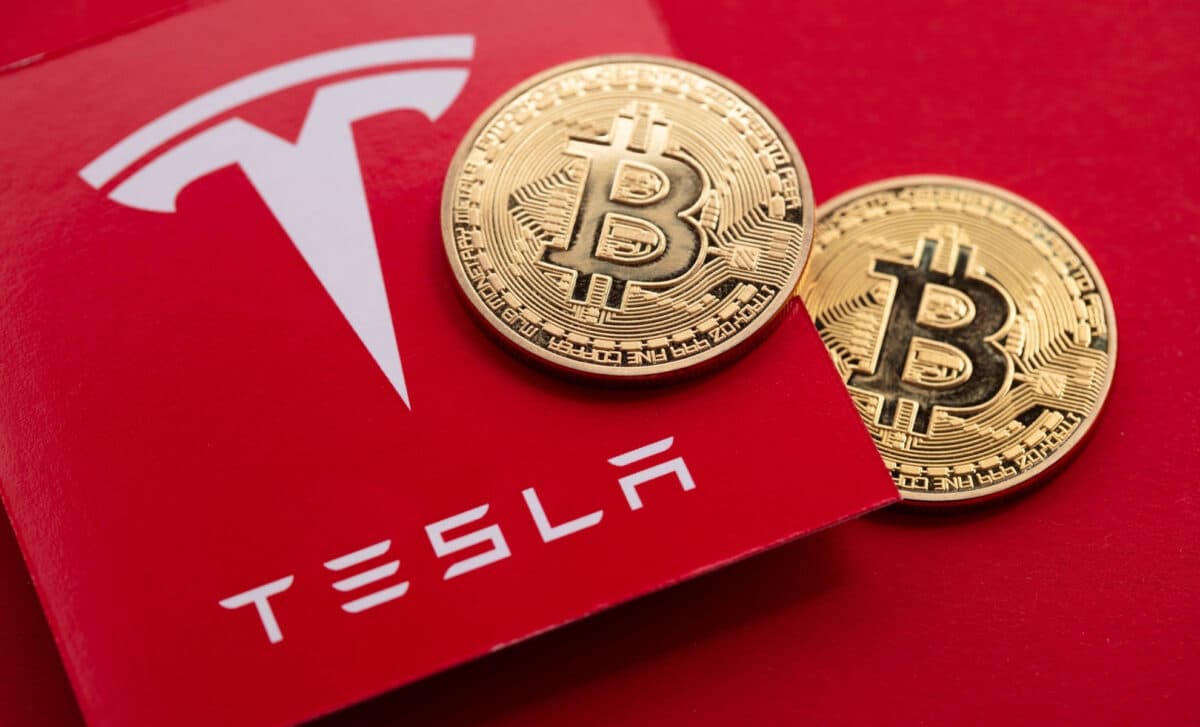Elon Musk has admitted that Tesla sold most of its bitcoin holdings too early, missing out on billions in potential gains. The electric carmaker’s decision has reignited debate over corporate cryptocurrency strategies and the balance between risk management and long-term growth.
In February 2021, Tesla invested $1.5 billion in bitcoin, acquiring between 40,000 and 44,000 units. Four years later, although Tesla still holds $1.24 billion in digital assets, Musk’s acknowledgment of a missed opportunity underscores the high-stakes nature of cryptocurrency investments. As reported by HelloBiz, the company could have seen its holdings exceed $4 billion if it had retained its entire position.
This admission comes at a time when Tesla is already grappling with weaker financial results and increased scrutiny of its investment strategy. As the company navigates market volatility and regulatory pressures, Musk’s comments have added new urgency to questions about Tesla’s financial management and future decision-making.
Trump Pushes for End of Russia’s War in Ukraine by August 8
Tesla’s Cryptocurrency Gamble and the Missed Gains
Tesla’s initial bitcoin purchase in 2021 was widely regarded as a bold move that pushed corporate cryptocurrency adoption into the mainstream. By selling 75 percent of its holdings, the company secured $936 million in gains. HelloBiz highlights that, with bitcoin now at $119,000, Tesla’s decision to liquidate most of its assets has left billions unrealized.
This highlights the tension between risk aversion and the potential rewards of holding volatile assets. The sale was aimed at protecting profits, but it also revealed the difficulty of timing the market even for major corporations.
Financial Performance Under Pressure
Tesla’s second-quarter results in 2025 reflected this challenge. The company reported a net profit of $1.17 billion and revenue of $22.5 billion, both down from the previous year. As noted by HelloBiz, this decline was compounded by weaker sales in key markets such as France.
The sale of regulatory credits—worth $439 million—helped offset some of the downturn. Yet, a new U.S. budget law, backed by Donald Trump and criticized by Musk, could threaten this revenue stream, adding more pressure to Tesla’s financial outlook.
Navigating Investment Risks in a Volatile Market
Tesla’s experience with bitcoin illustrates the complexity of corporate investment in cryptocurrencies. The inherent volatility of these assets can turn opportunities into costly decisions within a short period. HelloBiz points out that Tesla chose to secure its gains rather than continue to speculate, reflecting a cautious approach to risk management.
While the decision limited the company’s exposure to further market swings, it has sparked debate among investors and analysts over whether Tesla’s strategy left too much value on the table. Musk’s own admission of regret has only intensified this discussion, placing Tesla’s investment practices under greater public and financial scrutiny.








